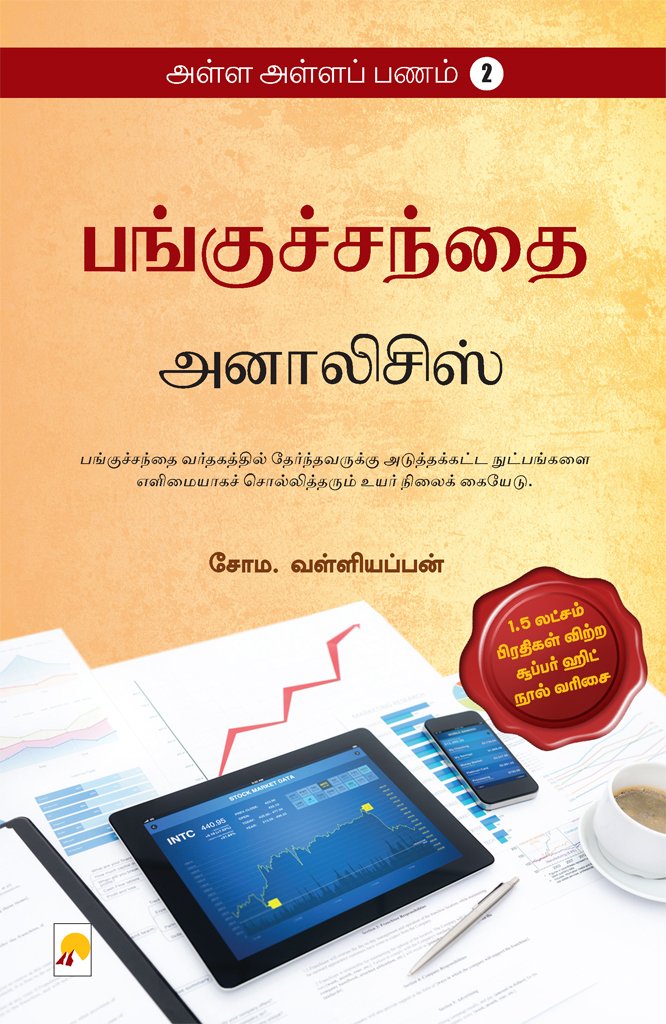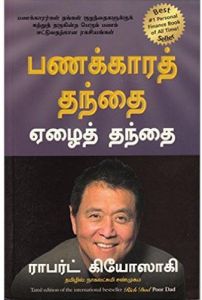The Path To Prosperity
(1905)
James Allen
Where is the path to prosperity?
These are tangible expressions of wealth, but they say nothing of who has gained them or how. Prosperity, in fact, is created by individuals, and therefore the personal qualities of those individuals must be of vital importance. In this book, James Allen argued that prosperity is always personal, resting squarely on the degree to which we have refined and bettered ourselves. Though it was possible for anyone to get wealthy, to be happily prosperous suggested peace of mind in relation to ourselves, in addition to monetary riches.
Allen is most famous as the author of As A Man Thinketh (see commentary in 50 Self-Help Classics), which beautifully expresses the idea that we create our worlds through our thoughts. The Path to Prosperity goes deeper into the link between our mindset and material abundance, and is one of the more spiritual prosperity titles. Allen himself was a pious, modest man who died relatively young, and his writings are suffused with a sense of peace and well-being.
This book is superb beginning for anyone’s journey of abundance, since it goes to the heart of what prosperity is all about: having a good heart, and becoming a person who is truly valuable to their fellow human beings.
Also Read : Valkkaiyai Valamakkunkal - James Allen
The path to light
The book’s first chapter is, surprisingly, on ‘evil’. Allen defines evil not as some cosmic force outside ourselves, but simply “ignorance of the true nature and relation of things”. The universe is filled with light, he explains, and our experience of ‘night’ on earth is really just an illusion. In the same way, when you have a dark night of sorrow, pain or misfortune, you must realize that it is temporary and illusory, and that your true nature basks is light-filled (“…the dark shadow that covers you is cast by none and nothing but yourself”). The dark emotions have no fundamental reality, and the light of Truth is waiting to burst into our life if we allow it.
Whatever difficulties and pains have entered our lives, they have come fully as a result of our previous thoughts and actions. However, these problems are a gift: when we accept that we have attracted them, and then choose to endure them,
we have learned the basic Law of life, and become free to be a careful moulder of our own circumstances. We have learned how to turn evil or setbacks into good. Such knowledge is worth more than any fortune, and yet it is also essential to the creation of real prosperity. Control your thoughts and your emotions, and you become master of your destiny.
The power to choose
In his chapter, ‘The world a reflex of mental states’, Allen recalls the Buddha’s statement that "All that we are is the result of what we have thought. It is founded on our thoughts; it is made up of our thoughts."
If you are happy, it is because you are thinking happy thoughts. If you are in misery, it is thanks to your despondent thoughts. In one of the nice verses that supplement the book’s prose, Allen writes:
Do you wish for kindness? Be kind.
Do you ask for truth? Be true.
What you give of yourself you find;
Your world is a reflex of you
Of course, he notes, we can be affected by external events, but we will swayed by them only to the extent of our understanding of the power of thought. He gives the example of two men he knew who, both when young, lost their hard won savings. The first fell into deep despondency and regret, while the other told himself that “worry won’t bring it back, but hard work will”. Throwing himself into his work with great vigor, he was able to quickly eclipse his former worth. The other man continued to mourn his loss and his bad luck, which duly snowballed into even worse circumstances. To one, the loss was a blessing, to the other a curse. Allen observes:
If circumstances had the power to bless or harm, they would bless and harm all men alike, but the fact that the same circumstances will be alike good and bad to different souls proves that the good or bad is not in the circumstance, but only in the mind of him that encounters it.
This is not just metaphysical theory. In his psychological classicLearned Optimism, Martin Seligman notes that people with a ‘positive explanatory style’ quickly get over setbacks and prosper. Crucially, optimism – which is essentially choosing to think in a certain way, despite current reality - can be learned and often makes all the difference to one’s career success or failure.
To progress, fill your current position
In the chapter ‘The way out of undesirable conditions’, Allen expounds further on the workings of universal Law.
Cease to be a complainer, he says, because the more you complain the tighter the chains that bind you become. The route to a better life is not through complaint but finding ways to deliver service and provide love. If not totally pleased with current circumstances, the secret to your release is to make the best of what you have now. You cannot move on to something better without having fulfilled what is expected of you in the current position.
If you are living in poor or cramped accommodations, keep your space spotlessly clean and make it as charming as possible; only such an effort will attract the house that you deserve. If suffering under a terrible boss, absorb the negative comments and see the situation as an opportunity to practice patience and self-control. In time it is you who will become the strong one, mentally and spiritually. “Shake off the delusion that you are being injured or oppressed by another”, Allen tells the reader, “you are only really injured by what is within you. There is no practice more degrading, debasing, and soul-destroying than that of self-pity.”
Who masters the self gains everything
Allen himself would spend the first hour of each day at a quiet spot looking down onto the sea. He saw this time not as luxury but as a necessity:
If you would walk firmly and securely, and would accomplish any achievement, you must learn to rise above and control all such disturbing and retarding vibrations. You must daily practice the habit of putting your mind at rest, "going into the silence," as it is commonly called. This is a method of replacing a troubled thought with one of peace, a thought of weakness with one of strength.
In our busy world it can be hard to believe that strength comes from silence, yet many note that their most valuable ideas and their most loving acts are born in the still moments. In addition to the lifting of anxieties, we gain illumination, arrive at correct judgment, and our “scattered thought-forces are reunited”, bringing us back to a course of right action. Our worries are mostly illusory, the result of either ignorance or lack of faith. In collecting our thoughts, we can avoid being enslaved by our changing moods and the need to control others.
Allen writes:
Give up that narrow cramped self that seeks to render all things subservient to its own petty interests, and you will enter into the company of the angels, into the very heart and essence of universal Love.
He goes on to say:
There is absolutely no other way to true power and abiding peace, but by self-control, self-government, self-purification. To be at the mercy of your disposition is to be impotent, unhappy, and of little real use in the world.
The paradox of real prosperity is that it comes to those who forget about themselves in providing service to others. As they become highly valued, they are showered not only with money but love.
Anyone can gain wealth if they try hard enough, but prosperity and peace of mind only arrives at the door of one who has first mastered themselves. You can pursue wealth directly, but it is wiser to perfect yourself in the provision of service. Even in the midst of riches you will remain virtuous, seeing yourself less as an owner than a steward of divine abundance.
“The way to true riches”, Allen affirms, “is to enrich the soul by the acquisition of virtue. Outside of real heart-virtue there is neither prosperity nor power, but only the appearances of these.”
Final comments
It is fitting that Allen’s book is the first among the fifty books presented here, as it takes us back to the very foundation of wealth and success – personal character.
Aristotle said “The hardest victory is the victory over self”, but it is a victory that enables you to win in all other aspects of life.
The early Protestant merchants created fortunes because they had gold-plated reputations for honesty. The trust bestowed on them was the result of constant refinement of personal attributes they believed were required of them by God. Yet you do not need religious faith to understand that the greater your moral depth and courage, the more you stand out from your peers. Money alone can make you financially rich, but to be both rich and happy you must be able to live easily with yourself. No work on refinement of the virtues (honesty, diligence, sympathy and so on) is ever a waste, either in a spiritual or a material sense. The more abundant such qualities, the more easily riches are attracted to you, compared to those who only chase short-term gain.
In its emphasis on the power of the mind to create circumstances, and with its metaphysical underpinnings, The Path to Prosperity was a forerunner of books like The Secret, and has been an important influence in the self-development field. At only 30 pages it is a little treasure, even more so because it acquired free from the Internet.












இங்கு பதிவிடப்படும் புத்தகங்கள் குறித்த தங்களின் கருத்துக்கள் அந்த புத்தகத்தினை பலருக்கு அறிமுகப்படுத்துவதோடு படிக்கும் ஆர்வத்தினையும் தூண்டும்...